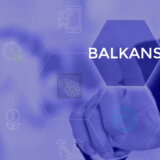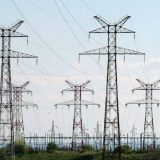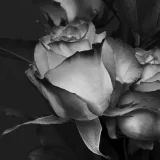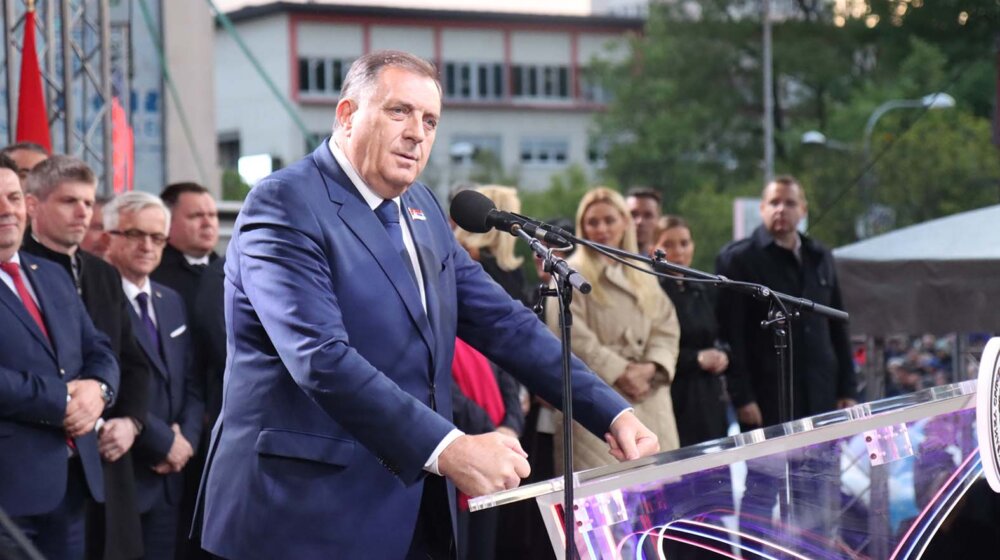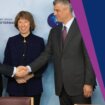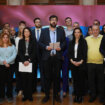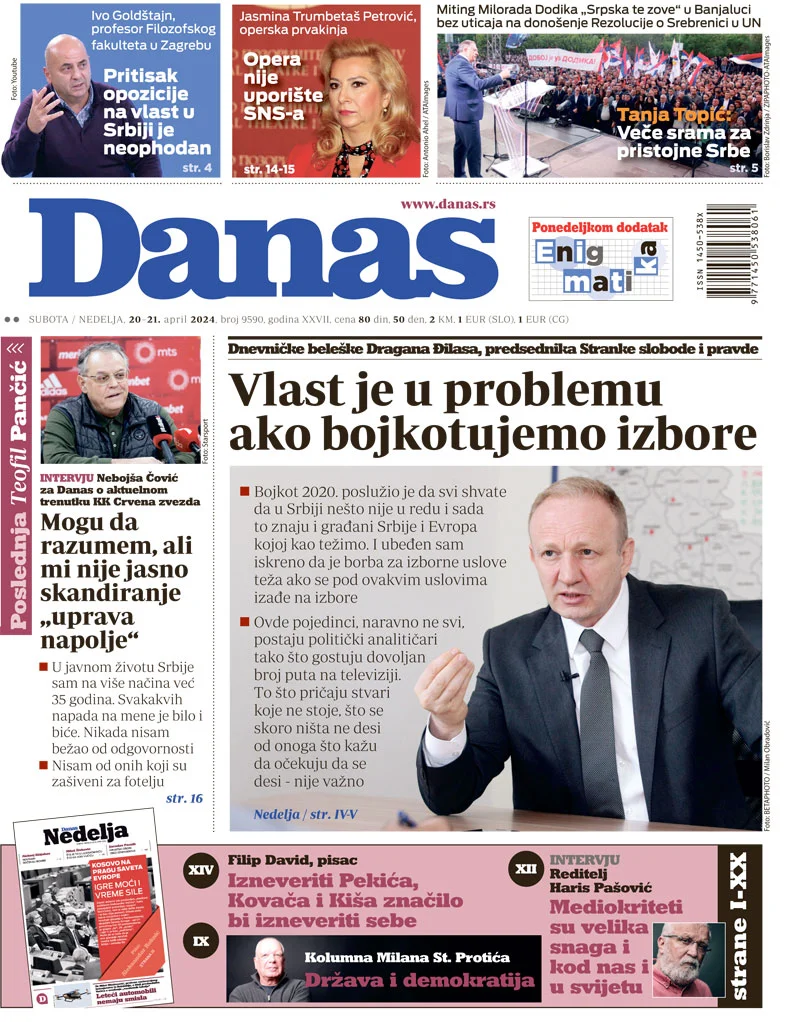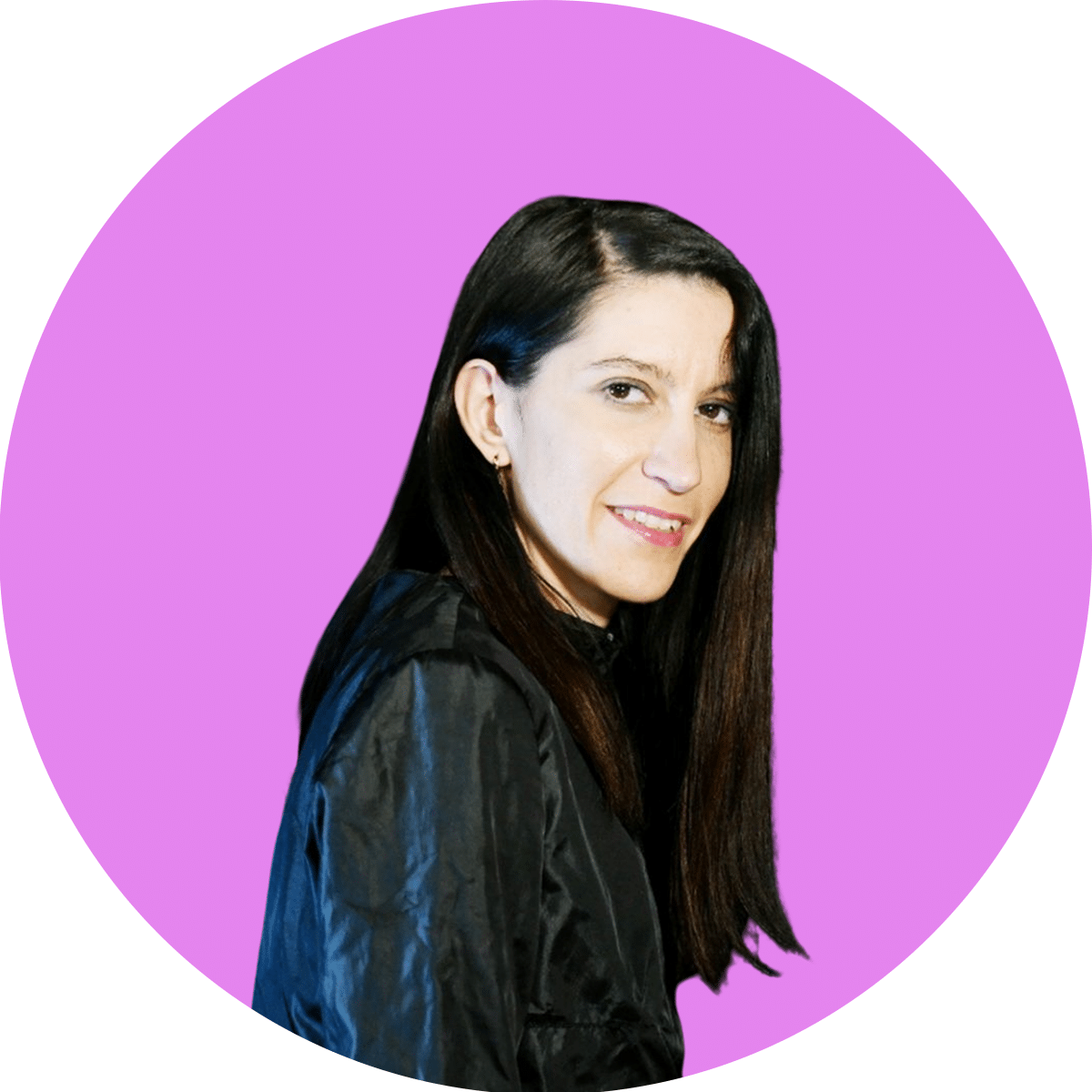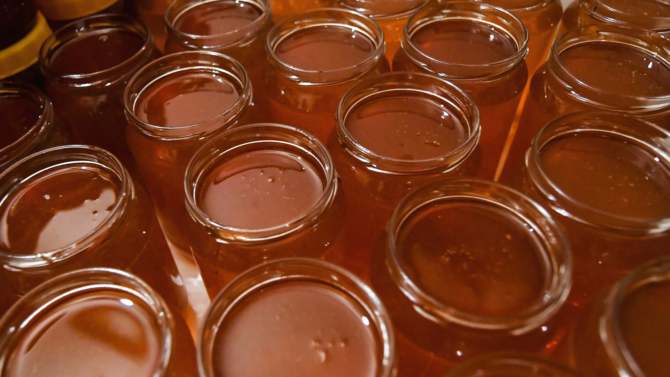 epa07747563 A view of jars filled with honey during this year's first honey extraction from beehives situated next to the mountaineer?s home Karadzica (altitude of 1450m) on the mountain Jakupica, 45km south of Skopje, Republic of North Macedonia, 25 July 2019. Goce Cakarov manages the mountaineer home Karadzice and also keeps more than 50 beehives. Because of the high altitude, distance from any industrial or residential area (more than 40km) the honey that the bees produce belong to the category of high quality organic honey, even though it doesn?t have the certificate for organic products. According to him, a Macedonian family that has 100 beehives can produce around 1500kg of honey yearly. The high quality mountain-meadow honey is being sold for a minimal price of 8.5 euro per 0.7 litter jar, which means that the annual earnings are higher than 12,000 euro, or 20 percent higher than the average annual income of a Macedonian household. Beekeeping in North Macedonia is a rising business and is becoming an important part of modern lifestyle. A large number of young people are deciding to get into beekeeping, as stated by the president of the North Macedonian 'Beekeeping Federation' Jane Markov. According to the Ministry of Agriculture, in North Macedonia there are more than 7,000 families that work with beekeeping. The estimate of the Ministry is that in the country there were more than 240,000 beehives at the end of 2018. Depending on the weather conditions, one beehive produces from 18 up to 35 kg of honey. According to their data in 1992, North Macedonia produced more than 1,600 tons of honey. Due to the climate changes, weather conditions and the high increase in the use of pesticides, the honey production has sharply decreased. The estimate is that in 2018 the honey productin was around 400 tons. EPA-EFE/GEORGI LICOVSKI ATTENTION: This Image is part of a PHOTO SET
epa07747563 A view of jars filled with honey during this year's first honey extraction from beehives situated next to the mountaineer?s home Karadzica (altitude of 1450m) on the mountain Jakupica, 45km south of Skopje, Republic of North Macedonia, 25 July 2019. Goce Cakarov manages the mountaineer home Karadzice and also keeps more than 50 beehives. Because of the high altitude, distance from any industrial or residential area (more than 40km) the honey that the bees produce belong to the category of high quality organic honey, even though it doesn?t have the certificate for organic products. According to him, a Macedonian family that has 100 beehives can produce around 1500kg of honey yearly. The high quality mountain-meadow honey is being sold for a minimal price of 8.5 euro per 0.7 litter jar, which means that the annual earnings are higher than 12,000 euro, or 20 percent higher than the average annual income of a Macedonian household. Beekeeping in North Macedonia is a rising business and is becoming an important part of modern lifestyle. A large number of young people are deciding to get into beekeeping, as stated by the president of the North Macedonian 'Beekeeping Federation' Jane Markov. According to the Ministry of Agriculture, in North Macedonia there are more than 7,000 families that work with beekeeping. The estimate of the Ministry is that in the country there were more than 240,000 beehives at the end of 2018. Depending on the weather conditions, one beehive produces from 18 up to 35 kg of honey. According to their data in 1992, North Macedonia produced more than 1,600 tons of honey. Due to the climate changes, weather conditions and the high increase in the use of pesticides, the honey production has sharply decreased. The estimate is that in 2018 the honey productin was around 400 tons. EPA-EFE/GEORGI LICOVSKI ATTENTION: This Image is part of a PHOTO SETKosovo je ukinulo zabranu uvoza meda i krompira iz Severne Makedonije, saopštilo je danas Ministarstvo ekonomije u Skoplju.
Ministarstvo je zauzvrat odlučilo da Kosovo vrati na listu zemalja iz kojih je dozvoljen uvoz ikre i riblje mlađi u Severnu Makedoniju.
Uzajamno povlačenja zabrana je pre dve sedmice dogovreno na sastanku nadležnih ministara Severne Makdonije i Kosova, Krešnika Bektešija i Endrida Šalje.
Pratite nas na našoj Facebook i Instagram stranici, ali i na Twitter nalogu. Pretplatite se na PDF izdanje lista Danas.


